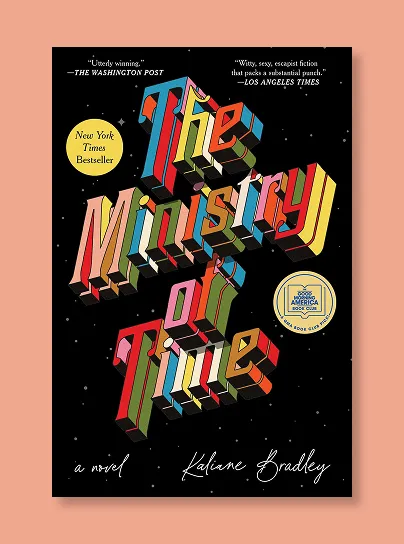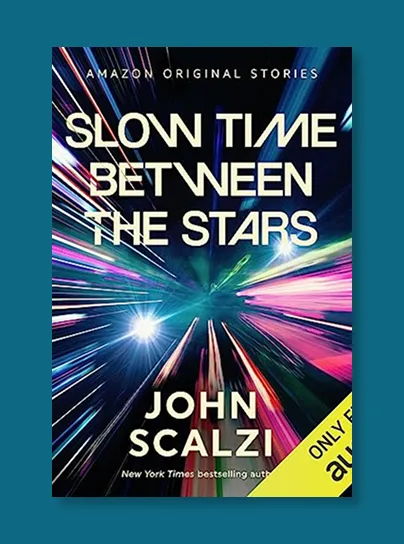
The Personal Sessions, book 6
The Deleted Seth Material: December 15, 1980 - May 10, 1982
Like all of the other books that Seth, Jane Roberts, and Robert Butts and Seth, this one has nuggets of information that, if really understood, could change one’s experience of reality.
I have told you that you are born into your times knowing in advance the problems, challenges, and potential developments that are possible. This applies to everyone, of course. All of you have a hand in the formation of world events. Those connections are worked out at all levels of reality, in the waking state through your communication devices and culture, and through the far more complicated arena of the culture of dreams. Your dreams are your own, yet they interact with others, and the dreams of others are background issues in your own dream encounters.
But I wouldn’t recommend this book to a person who isn’t emotionally invested in Jane’s health journey. In this book, we read of her becoming progressively more crumpled and unable to move. By the end, she’d been to the hospital for the first time for a whole month with the experts unable to diagnose the cause of her symptoms.
Seth is ever patient, supportive and tangibly helpful, never recommending she go to the hospital or stay at home, never insisting that she do certain things or saying anything negative when he has suggested that a certain thing would be beneficial and Jane and Robert don't do that thing.
You are alive to express the individualistic life-force that is the source of your being. You have been taught not to trust that energy, however, and in one way or another your social programs and your governments themselves are based upon the proposition that man must be protected from his own nature.
It is heartbreaking to see that even with all the assistance Jane had, all the work she did to get to the root of the beliefs that were causing her difficulties, there were always more layers.
In this book, the greatest bit of general-purpose knowledge is related to a complex of beliefs that Seth labeled the Sinful Self. The psyche is not a closed system so it’s not like the Sinful Self was a clearly defined aspect of her personality, rather it’s a cluster of beliefs that were given to her when she was young (and also, I suspect, from other lifetimes) related to guilt, perfection, being of service, and an over-accentuation on ideas of responsibility.
Jane was educated in a Catholic school and the church was a major part of her life until she was in her mid-teens. You’d think that the religious indoctrination would have been left in the dust once she stepped away from the church and began channeling Seth and exploring the flexibility of her consciousness.
But once she began to achieve some level of success and the symptoms came on full-force, she realized that those ideas were literally crippled her. The Sinful Self aspects of her psyche demanded that she receive all the people who randomly showed up on her doorstep, that she personally answer every piece of mail she received, that she go on TV and radio, even if she didn’t want to. The Sinful Self's beliefs made her feel like she should be a therapist to all, should be perfect, and worse that she should take responsibility for everything Seth said. It was too much.
It makes sense that she would choose to become crippled and die from the symptoms. It's a strong message to the contrary: that she wasn't perfect, that even with Seth's help she was bound up in false beliefs like other people.
Her symptoms were also caused by ideas that she needed to protect herself - from readers wanting more of her, from people who felt the material went ‘too far’, from the people who wanted to label her and ridicule her work, etc.
By the early 80s when the symptoms eventually sent her to the hospital and she’d been working for nearly a decade to unravel the beliefs that were causing her body to calcify, she found yet more layers of conditioning that had been contributing to the problem.
In his usual style, Seth finds a lovely way to share wisdom that applies to all of us from the issues that plagued Jane and Rob. For example, in riffing off the over-accentuated sense of responsibility Jane felt, Seth talks about how the motivation for doing things should not be because we think we should or ‘have to’.
The idea of responsibility, as described here, blocks creativity, hampers natural psychic and physical flow: “I should be doing thus and so.” “What do I like to do? What do I feel like doing? What makes me feel good?” Those questions are far more pertinent. When you want to do something truly there are usually few real impediments. Desire flows freely into action.
[…] It would do you both good if you took some time to become better acquainted with your own feelings about who you are or what you are, as opposed to who or what you think you should be, and why you think you should be different.
In this book we move from a Jane who is writing multiple things at once (poetry, Seth material, and her own books) to a Jane that can no longer hold a pen or work a typewriter, who cannot wash herself or get from the bed to a chair without someone’s assistance.
I respect her choice to let go of the body and move on, but I also wish she would have been able to free herself to enjoy her success and to continue releasing more books with Seth and Robert.



